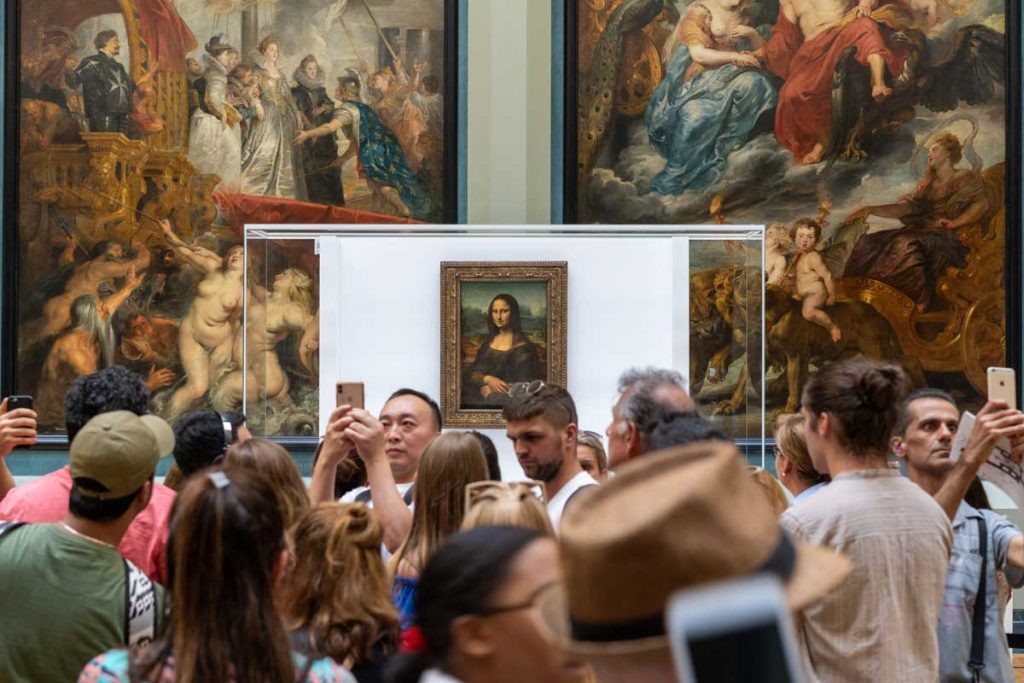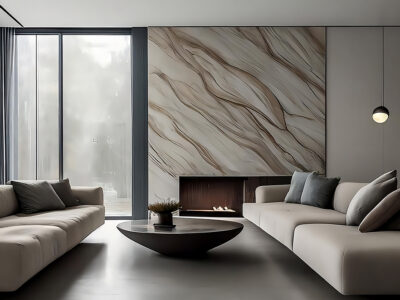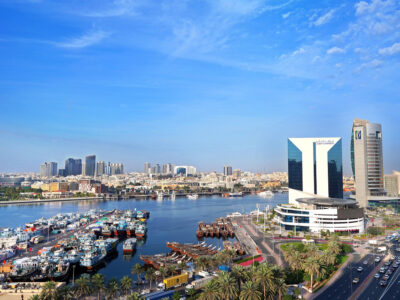The pandemic has profoundly impacted the art industry, causing gallery closures and increasing pressure on artists to find alternative representation and income. This has in turn highlighted issues that urgently need addressing in the art world.
In the UK, artists aren’t paid to show their work in 71 percent of exhibitions held. A culture of exposure over income has deterred many artists from less advantaged backgrounds from entering the sector, badly impacting the talent pipeline.
Across the world, the situation isn’t much better.
The paradox of culture is that despite the way the great historical artists and figures endure, people still often fail to correctly value culture in the here and now. Or rather, society is often quicker to venerate artists from hundreds of years ago than those alive today.
The pandemic has laid bare the need for a cultural reset, to ensure artists have a more sustainable career path, and to change the relationship that society has with art. The first step in doing so is communicating the benefits of art to people.
This is the key challenge that my international art agency, ARTIQ, works to solve. Our business model focuses on ensuring a regular income for the artists we represent, while also installing art collections in corporate spaces, where they can be hugely beneficial as part of a working environment.
Studies show that art has enormous benefits for employees, increasing their productivity by 35 percent and well-being by 42 percent.
In a world still getting to grips with a hybrid working model, with employees yet to fully return to the office, there is more interest in curated corporate collections than ever before.

For many corporate clients, an art collection is an opportunity to demonstrate their ESG credentials, company values, and acquiring a collection can prove a powerful employee engagement tool.
The impact of art in the workplace and interiors is a key draw as people return to office, particularly for the way it breaks up routine and sparks energy into buildings.
Art is an effective tool to communicate your brand to clients and connect employees to their workspaces. We’ve found that our clients are keen to communicate their support of diversity and inclusion and commissioning art from under-represented artists is a great way to do so. Not only does it show support in the visual sense but also it financially supports artists, providing them with an income.
People want to connect to artwork and purchasing works by local artists creates an increased sense of shared community. For example, in the Middle East, if a hotel purchased art from a local artist, they’d not only support their local economy but create a unity between their building and area.
Moreover, by following an ethos of fair play, we ensure that the talent pipeline is sustained. Artists feel more inclined to remain in the industry and create more work when they receive a steady income. This is crucial as the financial pressures caused by the pandemic led many talented artists to abandon the sector and, without a route to provide financial security for artists, we face losing more.

As well as offering a fair ethos of pay, being innovative is crucial to attract clients and retain artists.
ARTIQ has championed the art rental model since our inception, and that subscription model has surged in popularity as we move out of the worst of the pandemic. Through a service that allows clients to rotate their collection on a quarterly or bi-annual basis, rental enables businesses to access works from hundreds of artists. Every rented piece generates a regular income for those artists.
Post pandemic, we are seeing corporates take more interest in art and artists than ever before. However, we need to sustain this momentum and ignite a cultural reset.
The Middle East is undoubtedly a region to watch. It boasts an abundance of exciting artistic talent, and given the growing interest across the region in looking to local artists to boost the local economy and support the creative community, that talent pipeline will only grow stronger.








